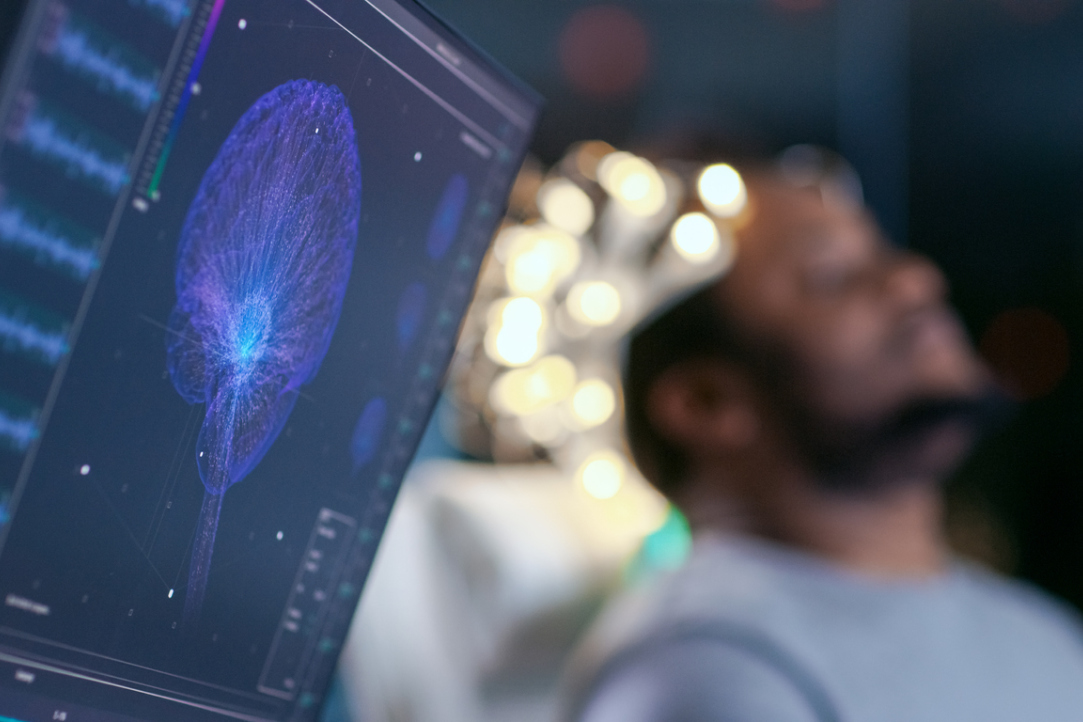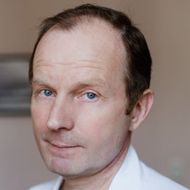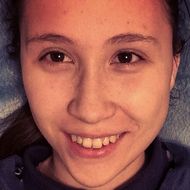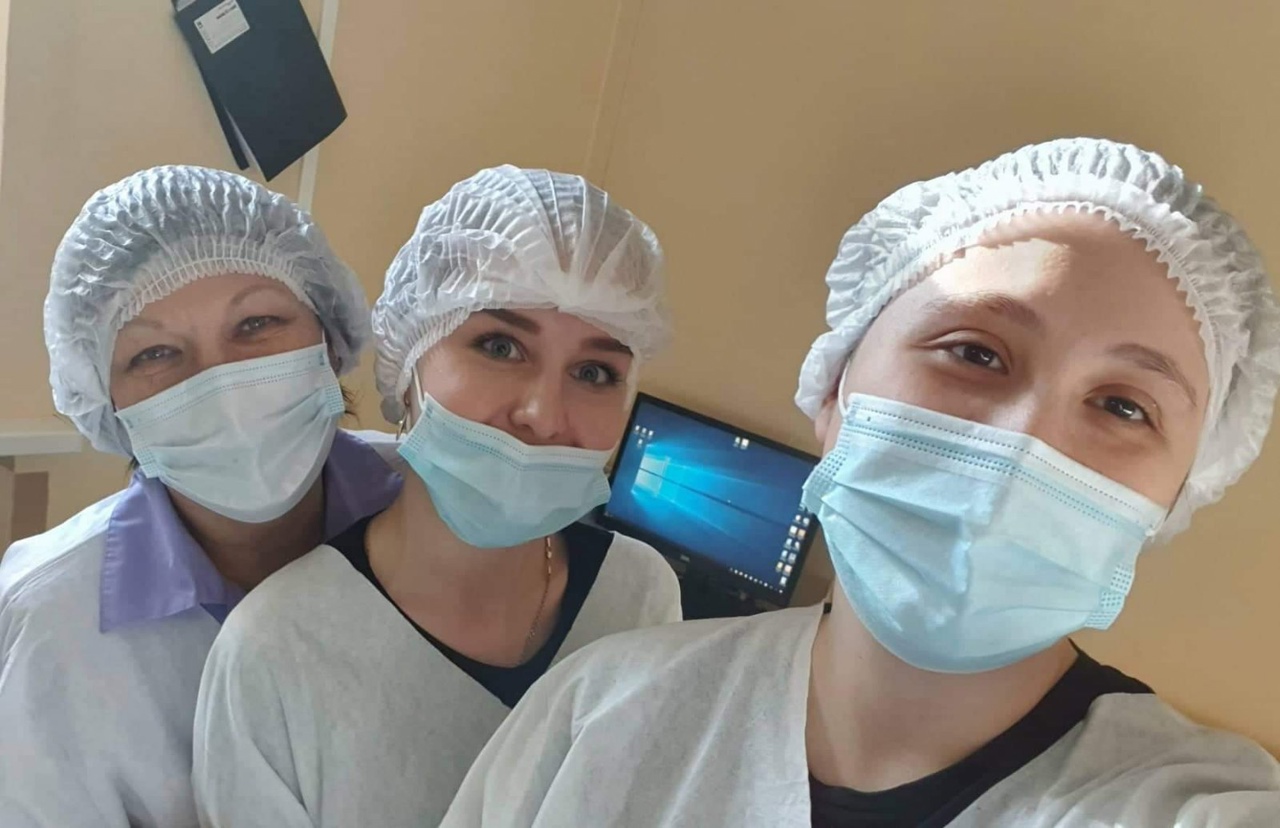Staff of HSE Centre for Language and Brain Studies Take Part in Unique Brain Surgery
A unique awake brain surgery has been carried out in Nizhny Novgorod with the participation of staff of the Centre for Language and Brain Studies. For the first time, neurolinguists in Nizhny Novgorod assisted in the removal of a brain tumour with mapping of a bilingual patient who is a native speaker of Tatar and Russian. The participants—Natalia Gronskaya, Director of the Centre for Language and Brain Studies, Alina Minnigulova, research assistant, and Lilia Mavlekhanova, invited expert and native speaker of Tatar—spoke about the specifics of the operation.

Brain surgery with the use of wake-up anaesthesia has been carried out in Nizhny Novgorod since 2017. If a tumour is close to an area of the brain that governs speech production, linguists assist in the operation to minimize the risk of damage. Special tests and tasks allow the staff of the Centre for Language and Brain Studies to help surgeons accurately bypass the areas of the brain involved in speech function. This helps to preserve the patient's speaking ability and thus maintain their quality of life.
‘During the operation, the patient is fully conscious,’ says Natalia Gronskaya, Director of the Centre for Language and Brain Studies at HSE University in Nizhny Novgorod. ‘A person does not experience pain in the open cortex of the brain. The removal of tumours in areas responsible for speech is also associated with certain risks, since the tumour has no clear margins. Neurolinguists help neurosurgeons to carry out mapping—that is, to check all the risk points in each case.
During the surgery, we talk to the patient and conduct testing while the surgeon maps the tumour’s margins. If the patient performs a task incorrectly when a specific zone is stimulated, it means that this part of the brain plays a critical role in speech function. In that case, we give a sign to the neurosurgeon, who marks the area with a sterile label and tries to avoid removing it. In one test, we ask the patient to name objects in a picture. At the same time, the surgeons apply electricity to a certain area of the brain to determine the localization of the lesion.’

Igor Medyanik
Professor, MD, Neurosurgeon
Thanks to the assistance from HSE University’s neurolinguists during awake brain surgery, it is possible not only to preserve the vocal tracts of patients with brain tumours, but also to remove the tumour as much as possible. This joint work between neurosurgeons and linguists ensures a decent quality of life for patients.
The staff members of the Centre for Language and Brain Studies carefully prepared for the operation involving a bilingual patient. During the preliminary survey, it turned out that the patient is equally fluent in two languages, but the dominant language is Tatar.

Alina Minnigulova
Research Assistant at the Centre for Language and Brain Studies
This surgery is unique, as the patient uses Russian and Tatar equally fluently in his daily communications. Therefore, during linguistic mapping, we needed to monitor the accuracy of speech and ensure that the patient used both languages equally during testing.
The difficulty was that Tatar, like many other languages, has several dialects, and it was necessary to find out which dialect the patient speaks. To do this, we had to involve not only a specialized linguist, but also a native speaker with perfect knowledge of the necessary dialect.
Lilia Mavlekhanova, Deputy Head of the Youth Policy Department of the Nizhny Novgorod Administration, assisted us during the operation. She helped to determine that the patient speaks the Mishar (or Western) dialect of Tatar, which features quite a lot of words borrowed from Russian.

Natalia Gronskaya explained how understanding the specifics of the dialect influenced the development of testing for a bilingual patient:
‘We learned that the word "bottle" in the Mishar dialect is borrowed—it sounds the same in Russian and Tatar. Therefore, it is impossible to determine which language corresponds to the area of the brain affected during testing. This information allowed the staff of the Centre to adjust the test to exclude possible inaccuracies in diagnosis due to the overlap in words.

Natalia Gronskaya
Director of the Centre for Language and Brain Studies
Lilia did not just provide linguistic support for the surgery in the patient's native language. Acting as a mediator between the linguists and the patient is also a huge emotional strain. The outcome of the operation largely depends on the patient’s inclination to talk and how comfortable he feels communicating. Lilia's empathy, friendliness and positive attitude greatly contributed to the procedure’s success.
Lilia Mavlekhanova, Deputy Head of the Youth Policy Department of the Nizhny Novgorod Administration:
'My attention was completely focused on the patient and on communicating with him. We talked about various everyday topics—family, his garden, his work and where he’s from. I tried to ask more questions to keep the conversation going. Over those 2 hours and 23 minutes, it was like we’d become good friends. I felt nervous afterwards when I came out of the operating room and realized that the patient’s quality of life depended on those two hours.'
The Centre for Language and Brain Studies in Nizhny Novgorod was launched in September 2020. The centre’s staff test patients with speech pathologies before, after and during surgery. The centre’s fields of research extend to all issues of neurolinguistics, with staff using modern experimental techniques to study the connection between language and the brain. In addition, the Centre conducts educational events aimed at popularizing science. On October 29, a ‘Neurolinguistic Friday’ will be held at the HSE University in Nizhny Novgorod. Neurosurgeon and Doctor of Medicine Igor Medyanik, who performs awake brain surgery, will speak at the event.

